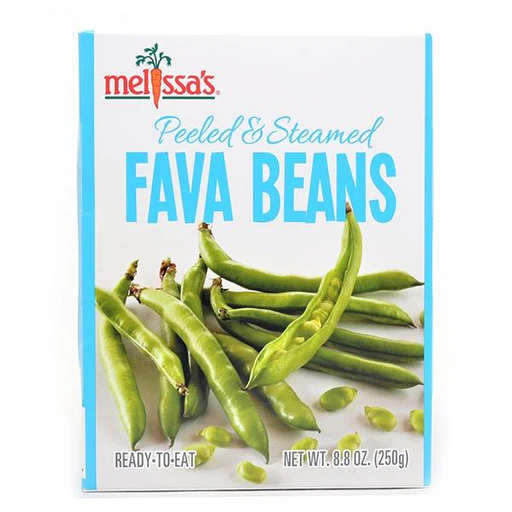Fava beans, also known as broad beans, are a staple in many cuisines around the world, admired for their rich flavor and impressive nutritional profile. Originating from the Mediterranean region, these versatile legumes have been cultivated for thousands of years and continue to be a beloved ingredient in a wide variety of dishes. This article explores the nutritional benefits, culinary uses, and some interesting facts about fava beans.
Nutritional Benefits
Fava beans are a powerhouse of nutrition. They are an excellent source of protein, making them a valuable addition to vegetarian and vegan diets. A one-cup serving of cooked fava beans provides approximately 13 grams of protein, which is essential for muscle repair and overall bodily function.
In addition to protein, fava beans are rich in dietary fiber. This fiber content helps in maintaining digestive health by promoting regular bowel movements and preventing constipation. Fiber also plays a role in regulating blood sugar levels and can contribute to heart health by reducing cholesterol levels.
Fava beans are also packed with essential vitamins and minerals. They are an excellent source of folate, which is crucial for cell growth and development, particularly during pregnancy. Moreover, they contain significant amounts of iron, which is necessary for the formation of red blood cells and the prevention of anemia. The beans also provide magnesium, potassium, and vitamin K, all of which contribute to various bodily functions, including bone health and muscle function.
Culinary Uses
The culinary versatility of fava beans is one of the reasons for their widespread popularity. They can be used in a variety of dishes, from salads and soups to stews and dips. The beans have a slightly nutty, buttery flavor that pairs well with many ingredients.
In Mediterranean cuisine, fava beans are often featured in traditional dishes such as flu madams, a popular Egyptian breakfast dish made from slow-cooked fava beans seasoned with garlic, lemon, and olive oil. In Italy, they are used in dishes like pasta with fava beans and pecorino cheese, where their creamy texture complements the savory flavors of the cheese and pasta.
Fava beans can also be enjoyed in more contemporary dishes. They are a great addition to salads, providing a hearty, protein-rich component. Additionally, they can be pureed into a smooth spread or dip, similar to hummus, and served with pita bread or vegetable sticks. For those looking to experiment with fava beans, they can be roasted for a crunchy snack or added to grain bowls for an extra boost of nutrition.
Interesting Facts
- Ancient History: Fava beans have been cultivated for thousands of years. They were a key crop in ancient civilizations such as Egypt and Greece. Archaeological evidence suggests that they were among the first legumes to be domesticated.
- Seasonality: Fava beans are typically grown in cooler seasons and are often harvested in the spring or early summer. They are a hardy plant that can tolerate frost, which makes them a valuable crop in temperate climates.
- Cultural Significance: In some cultures, fava beans are considered lucky or symbolic. For example, in Italy, they are traditionally eaten on the first day of May to celebrate the arrival of spring and to bring good fortune for the coming year.
- Health Considerations: While fava beans are generally nutritious and beneficial, they contain compounds called vicine and convicine that can cause adverse reactions in individuals with a genetic condition known as favism. This condition is more common in certain populations and can lead to hemolytic anemia. People with this condition should consult with a healthcare professional before consuming fava beans.
In conclusion, fava beans are a remarkable legume that offer a wealth of nutritional benefits and culinary possibilities. Their rich protein content, high fiber levels, and array of vitamins and minerals make them an excellent choice for a balanced diet. Whether you’re enjoying them in a traditional Mediterranean dish or incorporating them into modern recipes, fava beans are sure to enhance your meals and contribute to a healthy lifestyle.
